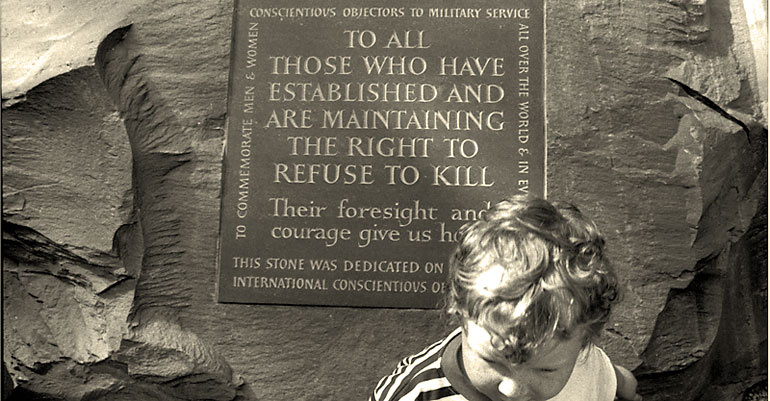
Bioethicists challenge right to conscientious objection
Several bioethicists are campaigning for tight restrictions on conscientious objection in healthcare.

The debate surrounding conscientious objection in healthcare has intensified in recent months, with a number of influential bioethicists campaigning for tight restrictions on doctors’ right to object to participation in controversial procedures.
After a special workshop held at the Brocher Foundation in Geneva, Switzerland, over a dozen bioethicists signed a ten-point “Consensus Statement on Conscientious Objection in Healthcare”. The group stated that “healthcare practitioners’ primary obligations are towards their patients, not towards their own personal conscience”. As a consequence, “healthcare practitioners who are exempted from performing certain medical procedures on conscientious grounds should be required to compensate society and the health system for their failure to fulfil their professional obligations by providing public-benefitting services.” They also stated that “Medical students should not be exempted from learning how to perform basic medical procedures they consider to be morally wrong.”
American bioethicist Wesley Smith was indignant. Writing in the National Review, Smith said: “Medical professionals are being pushed toward what I call ‘medical martyrdom;’ either be complicit in killing, commit what the professional considers a grievous sin, or suffer professional discipline, perhaps even loss of license.”
On Friday, an Australian research team with a substantial Australian Research Council Discovery Grant met in Canberra for a workshop on conscientious objection. The tenor of the discussion was more moderate than than that of the consensus statement, yet the speakers argued that restrictions on conscientious objection were appropriate in some cases.
In a presentation entitled Doctors Have No Right to Refuse Medical Assistance in Dying, Abortion or Contraception, Oxford’s Julian Savulescu argued that disagreements about public policy should not affect the provision of procedures that are both legal and consistent with medical ethics. “Reason and values should be within the framework of current medical ethics and law”, Savulescu said. “At the bedside you have to do your job”. Recordings of the workshop will shortly be available on the website of the Centre for Applied Philosophy and Public Ethics (CAPPE).
Bioethicists challenge right to conscientious objection
Xavier Symons
https://www.bioedge.org/images/2008images/co-stone-basic-cut.jpg
Creative commons
https://www.bioedge.org/images/2008images/co-stone-basic-cut.jpg
abortion
conscience
conscientious objection
contraception
healthcare
healthcare policy
